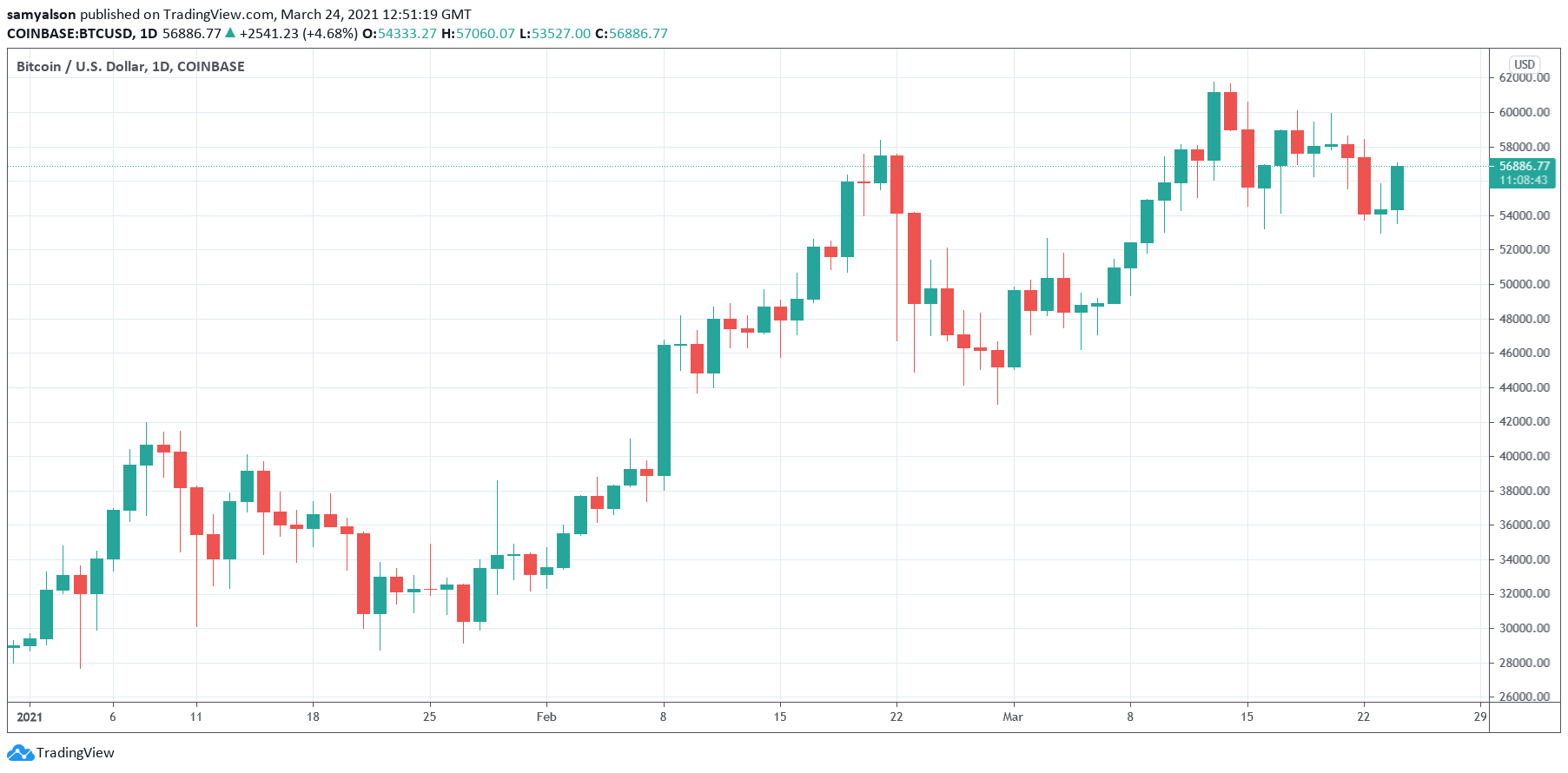Turkish Bitcoin Buyers Say Crypto is The Only Answer to Crumbling Lira

In more stable regions, investment and speculation make the primary use case for Bitcoin. But in Turkey, the leading cryptocurrency has become something of a lifeline as the effects of economic panic begin to be felt.
Bitcoin Trades for $100k on Turkish P2P Platforms
The lira plummeted 14% against the dollar on Monday, triggering widespread alarm in the country. This saw the Turkish stock market shed 10% on the day, leading to investors pulling out of Turkish assets.
In a bid to preserve wealth, some of that money is finding its way into Bitcoin. Reports are circulating that BTC had changed hands on P2P platforms, such as localbitcoins.com, for as much as $100k – a 77% premium on the current spot price.
Critics maintain that Bitcoin is a speculative bubble. But in life or death situations, it has proven itself as more than just an investment vehicle.
Local social media has been awash with commentary on the situation. A popular post that appeared highlighted the plight of citizens struggling to make ends meet. Although most do not consider themselves crypto savvy, some are turning to Bitcoin as a last line of defense in desperate times.
“Crypto buyers in our country are not specialists or experts of the area. These people are tired, just like everybody else who have a hard time making ends meet and give up their basic needs to save up. They are looking for a way out. They finally understood they will never afford a house or a car with their puny wages. This is why they invest into a relatively safe instrument. Hoping for 50 or 100 thousand Liras.”
This is a scenario that has played out in Venezuela, Argentina, and Zimbabwe. In every example, loss of confidence in the domestic currency has seen a rise in local Bitcoin volume.
Turkey Loses Institutional Credibility
The events in Turkey were triggered by the sacking of the central bank’s head, Naci Agbal. President Recep Tayyip Erdogan made the call following Agbal’s decision to raise interest rates to 19% from 17% last Thursday.
Agbal was appointed in November 2020, during which time he had made significant inroads by sticking to more orthodox monetary policies. This had the effect of stabilizing the lira, boosting confidence and trust in the country’s monetary policies.
However, its reported that President Erdogan felt Agbal’s policies would add to inflationary pressures.
Robin Brooks, The Chief Economist at the Institute of International Finance, believes worse could come. Brooks said the risk of investor outflows from Turkish assets has not subsided. A point Turkey’s creditors are well aware of. The cost to cover a Turkish default on debt shot up to 460 basis points this week – the highest it’s ever been.
Bitcoin is often blasted on the grounds of lacking real-world use. But in crisis situations, it always seems to emerge as the fallback currency.
Source: Read Full Article


